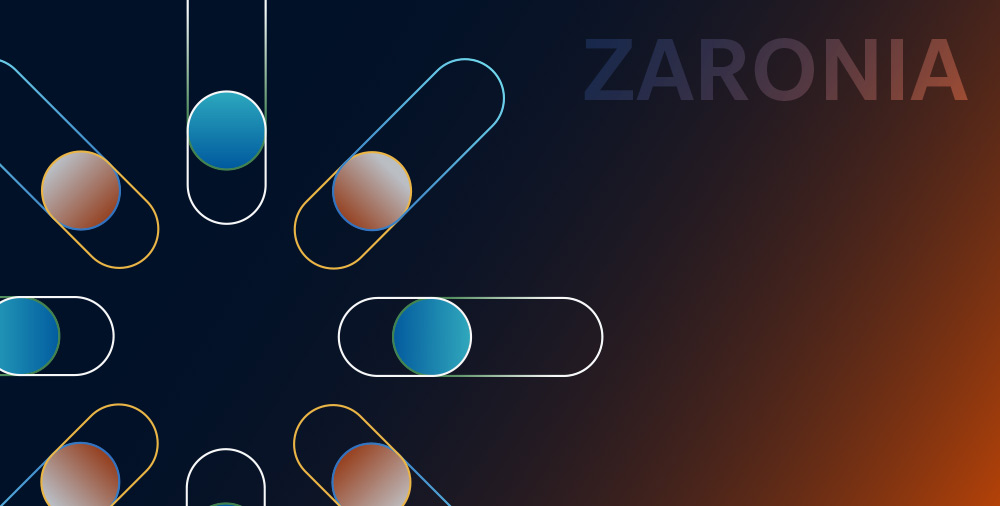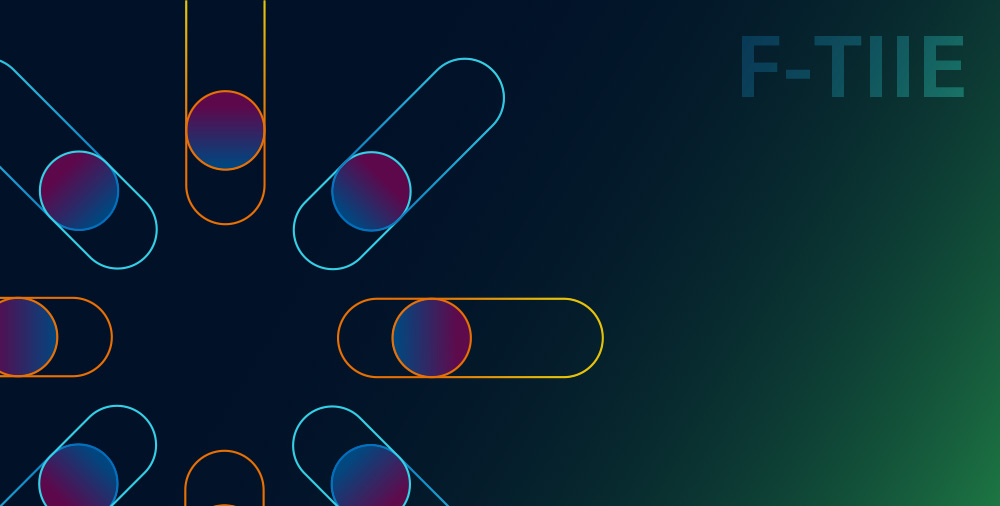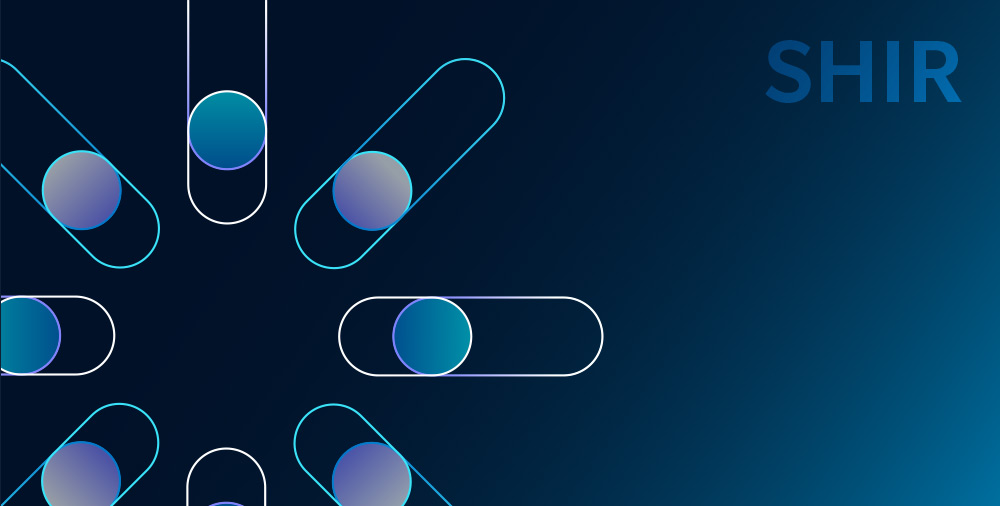RFR Resource Center
Everything you need, all in one place
You’ll find everything you need here to help prepare you for the upcoming transitions. We’ll continue to provide updates, along with best practices and guidance from our experience with market participants, the central bank and clearinghouses.
Our deep regulatory experience
The guidance we provide our clients on how to navigate regulatory reform and RFR transitions is drawn from our extensive experience of supporting transitions across the globe – including Dodd-Frank, MiFID II, Libor, F-TIIE, SHIR, SONIA, ESTR, SOFR, TONA, and beyond.
What are Risk-Free Reference Rates?
Risk-Free Reference Rates (RFRs) are interest rate benchmarks that are designed to replace older interbank offered rates (like LIBOR) and provide a more accurate and reliable reflection of the actual cost of borrowing money in financial markets. Unlike their predecessors, which were based on estimates submitted by banks, RFRs are calculated from actual transactions, making them more transparent and less susceptible to manipulation.
Each major currency has its own RFR, typically introduced to ensure the financial system's stability, accuracy and transparency. Other examples include €STR (Euro Short-Term Rate) for the Eurozone, SARON (Swiss Average Rate Overnight) for Switzerland, and TONAR (Tokyo Overnight Average Rate) for Japan. These rates are now widely used in pricing loans, bonds, derivatives, and other financial products to better reflect market conditions.
Current and Recent RFR Transitions

South Africa
ZARONIA: South African Rand Overnight Index Average
The South African Rand Overnight Index Average – or ZARONIA – is South Africa’s new RFR, introduced as part of the global transition from interbank offered rates like LIBOR to more transparent, market-based benchmarks.
The current reference rate for South Africa’s ZAR-denominated interest rate swaps market, known as JIBAR, will transition to ZARONIA over the course of 2025/2026.
Access the dedicated ZARONIA Resource Center
Learn More
Mexico
F-TIIE: Tasa de Interés Interbancaria de Equilibrio
Mexico has transitioned its $4.3 trillion peso-denominated interest rate swaps market, known as the Tasa de Interés Interbancaria de Equilibrio (TIIE) or Fondeo (F-TIIE), effective January 1, 2025. The transition provides an opportunity to move the benchmark rate in line with most international industry standards.
Access the dedicated F-TIIE Resource Center
Learn More
Israel
SHIR: Shekel Overnight Interest Rate
Israel transitioned its $1.4tn shekel-denominated interest rate swaps market, known as the Tel Aviv Inter-Bank Offered Rate (Telbor), to the Shekel overnight Interest Rate (SHIR), effective July 1, 2025. SHIR began to be published in May 2022.
The decision to replace Telbor is in line with most international industry standards where IBOR interest rates are being replaced with risk-free overnight interest rates.
Access the dedicated SHIR Resource Center
Learn More